Food Brands’ Unsettling Allegations: Delving into Suspected Support for Israel
Numerous food brands have chosen to articulate their positions on a spectrum of social and political issues, and the question of supporting Israel is no exception. Some brands have overtly proclaimed their allegiance to Israel, while others have chosen subtler means such as donations or collaborations with Israeli organizations to convey their backing.
Strauss Group

Strauss Group, a prominent player in Israel’s food industry, operates globally, with flagship brands such as Sabra and Max Brenner. Notably, it has faced criticism for its open support of the Israeli army, particularly the Golani platoon. This overt alignment raises ethical concerns about the brand’s role in promoting military actions, adding a layer of controversy to its products.
Danone
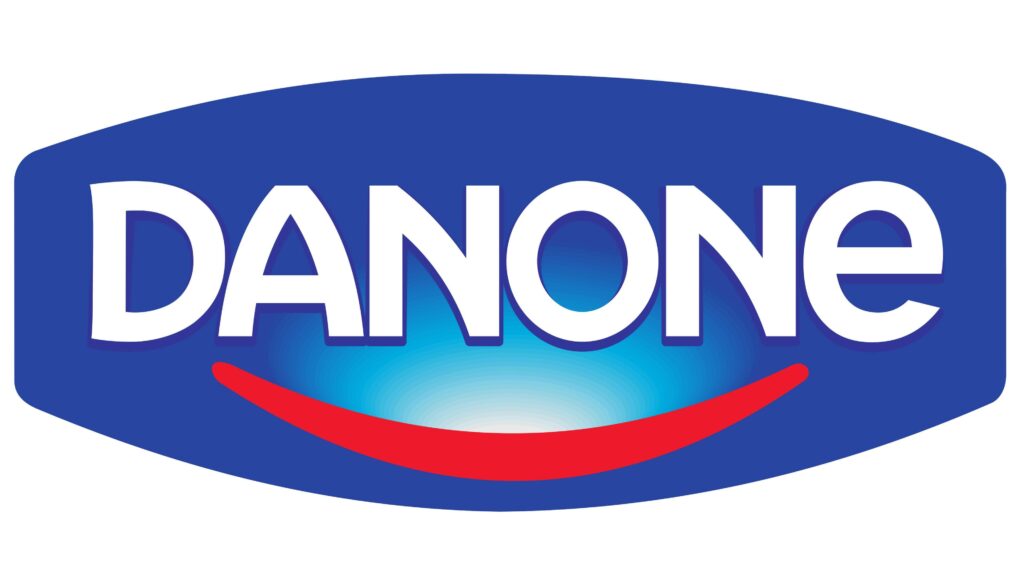
Danone holds a 20% stake in Strauss Group, Israel’s second-largest food company. Operating an R&D facility in Israel, Danone has been recognized for its contributions to the country’s economy, supplying products to the Middle East and neighboring regions. This economic entanglement raises questions about Danone’s ethical stance, as its investments contribute to Israel’s prosperity amidst geopolitical tensions.
Nestlé
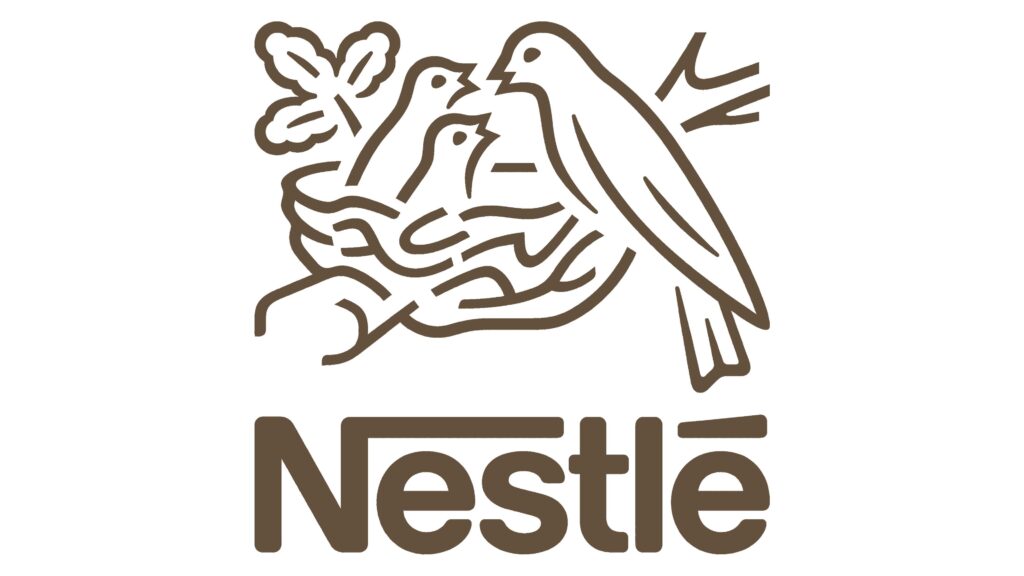
Nestlé, the world’s leading food company, holds a majority share in Osem, signaling a robust investment in Israel. With a continuous increase in financial support, Nestlé reaffirms its commitment to the Israeli economy and holds interests in various Israeli companies. The heavy investments from this corporate giant not only bolster the Israeli economy but also position Nestlé as a significant player in the region’s geopolitical landscape, sparking concerns among consumers and activists.
Coca-Cola
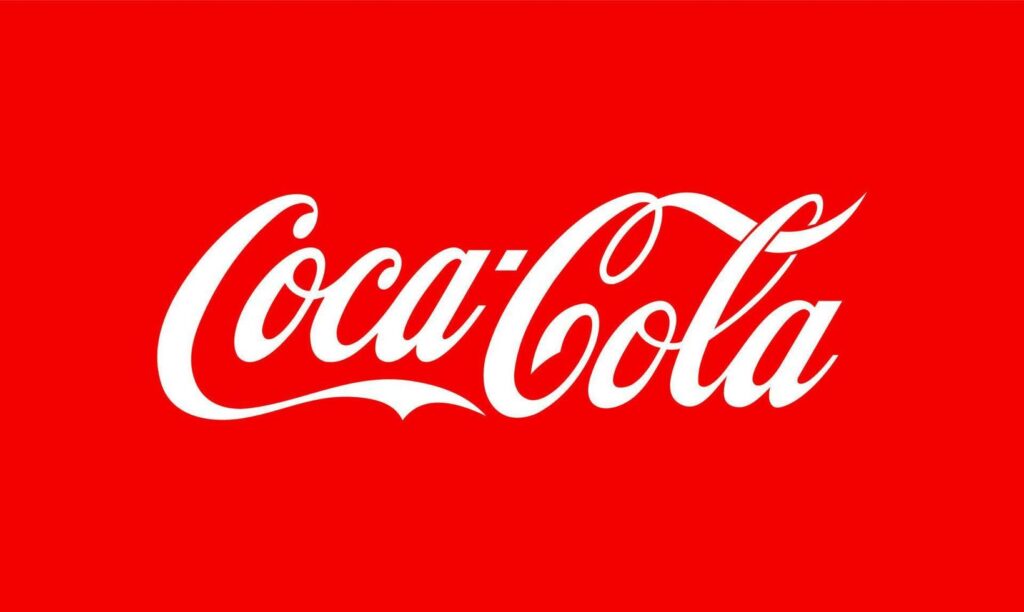
Coca-Cola has consistently aligned itself with Israel, providing support through sponsorships and collaborations. The company’s operations in the occupied territories further contribute to the economic sustainability of Israel. The overt endorsements of Israel by this global beverage giant raise questions about its commitment to ethical business practices, especially in regions marred by geopolitical conflicts.
Also See: Examining Nike’s Stance on Israel: Support or Speculation?
Starbucks

Starbucks, led by CEO Howard Schultz, is recognized for its strong support of Israel. The company’s partnerships and initiatives align with Israel’s interests, and its presence extends to US military bases, including Guantanamo Bay. Starbucks’ active alignment with Israel prompts questions about its ethical stance and the impact of its corporate decisions on geopolitical dynamics.
McDonald’s
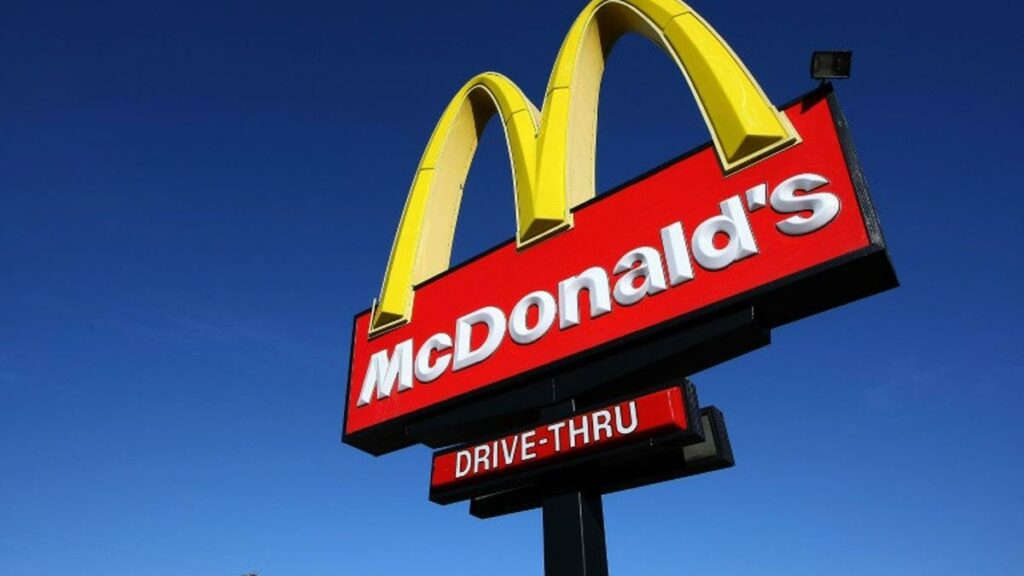
McDonald’s, a major corporate partner of the Jewish United Fund, maintains a robust connection with Israel. From opening its first Middle East restaurant there to actively supporting Israel-related campaigns, McDonald’s has cemented its ties with the country. McDonald’s global prominence and its strategic affiliations raise ethical concerns about its role in the broader geopolitical landscape.
Eden Springs
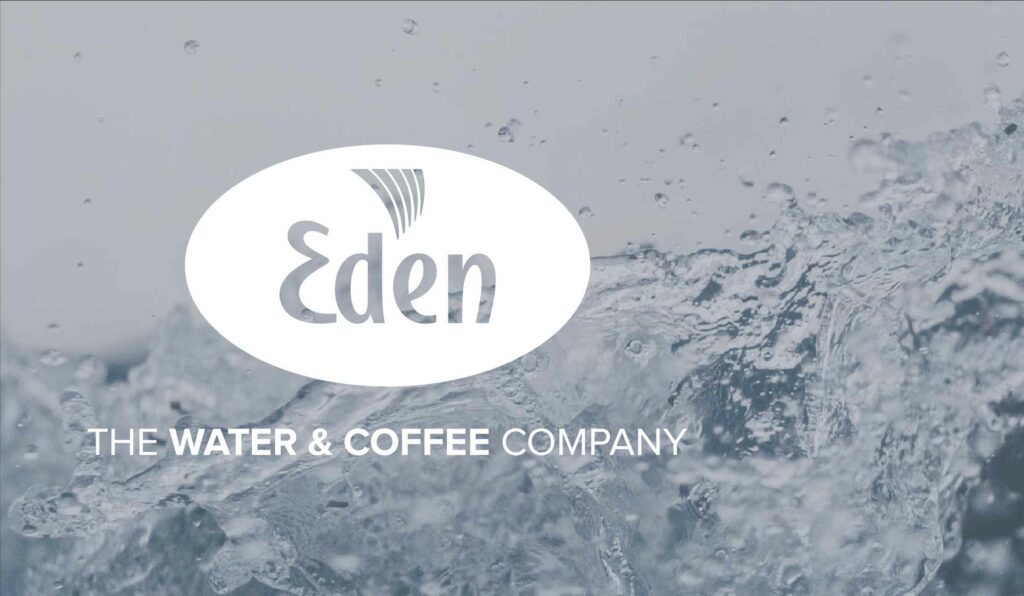
Eden Springs, an Israeli water cooler company, faces controversy due to its association with the illegal occupation of the Syrian Golan Heights. The extraction of water from the Salukia spring raises concerns about the ethical implications of its operations. Eden Springs’ involvement in disputed territories prompts scrutiny and adds a layer of ethical complexity to its business operations.
SodaStream
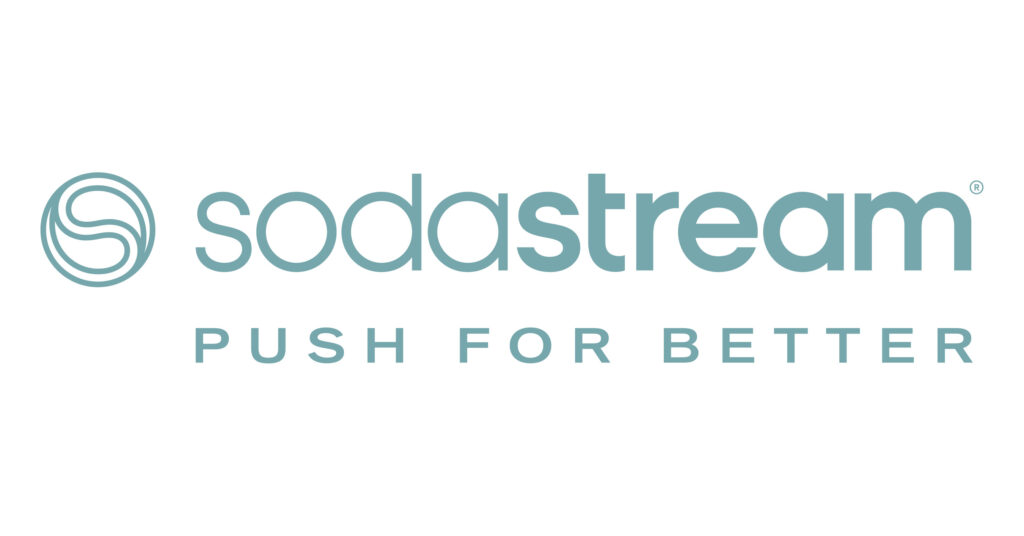
SodaStream, an Israeli company known for home carbonating devices, operates its main plant in the West Bank’s illegal Israeli settlement, Mishor Edomim. Reports of poor working conditions and low wages, especially for Palestinian workers, have sparked criticism. SodaStream’s choice of location and its impact on local communities raise ethical concerns, prompting consumers to reconsider their support for the brand.
Read More: Support Israel Claims and Tim Hortons: Separating Fact from Allegation
Opting to boycott these companies not only underscores apprehensions about their engagements but also aligns with a worldwide movement striving to alleviate Palestinian distress and foster peace in the region.
The intertwining of major food brands with Israel’s political landscape prompts consumers to reevaluate their choices, questioning the ethical implications of supporting companies involved in controversial geopolitical affairs. As the global call for justice and ethical business practices intensifies, the spotlight on these brands reveals a complex interplay between commerce, politics, and morality.
Join channel telegram websitekami.com agar tidak ketinggalan berita loker terbaru lainnya
Join now
